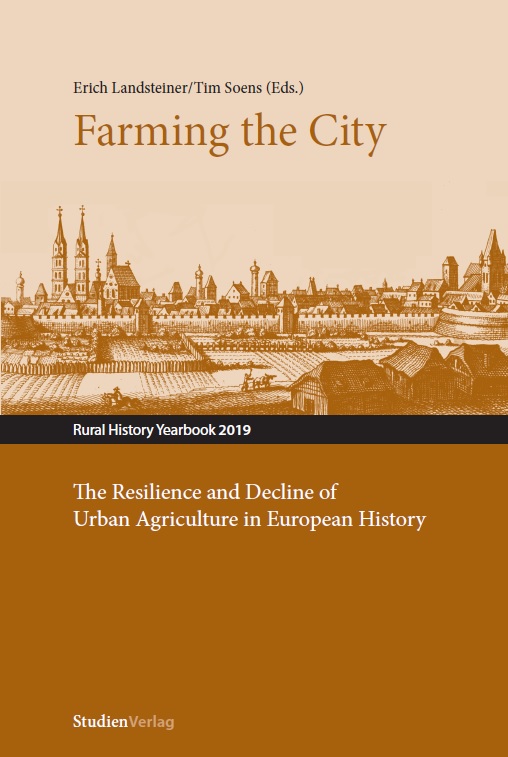Urban Viticulture in Late Medieval and Early Modern Central Europe
DOI:
https://doi.org/10.25365/rhy-2019-9Keywords:
urban viticulture, Ackerbürgerstadt, vine-growing towns, labour relations, market regulationAbstract
Vine-growing and wine production were to a large extent part of urban economy in late medieval and early modern Europe. This paper takes issue with the concept of Ackerbürgerstadt discussed in German urban history since the beginning of the twentieth century, to come to terms with the intense involvement of towns in agrarian production. By drawing on examples from the city of Vienna and the town of Retz in Lower Austria, it is argued that towns specialized in vine-growing, produced a cash-crop for regional and supra-regional markets, were troubled by class conflicts between vineyard owners and wage labourers, regulated labour relations extensively, and strove to dominate the local wine trade. This does not conform to the concept of Ackerbürgerstadt, implying food-crop production for subsistence and a low level of social stratification.


